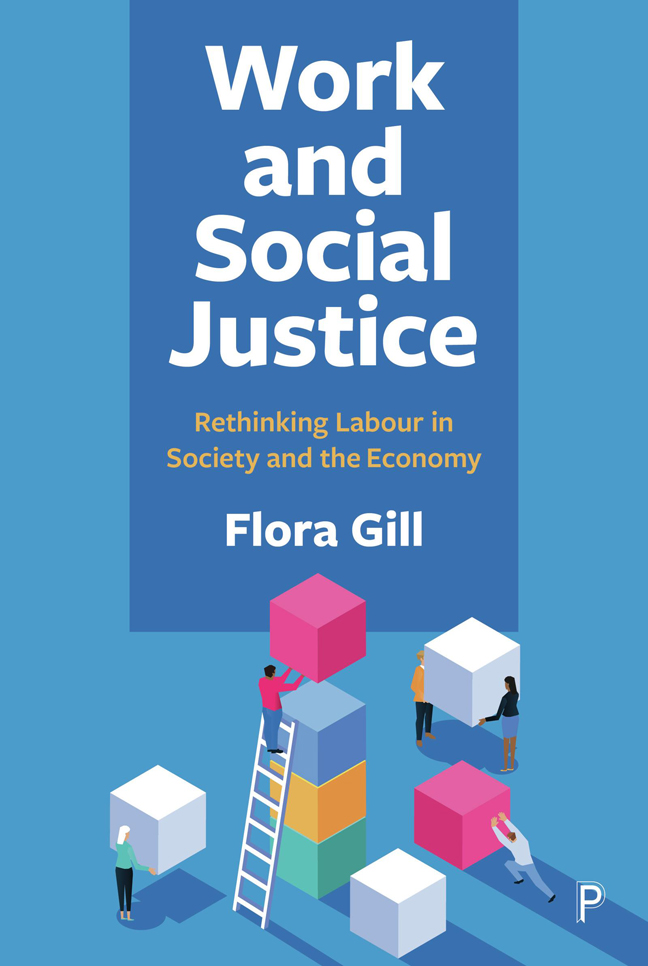2 - The unfortunate legacies of the 18th and 19th centuries
Published online by Cambridge University Press: 23 January 2024
Summary
Introduction
Economics has shed light on quite a few important aspects of our marketbased capitalist economies. However, it has had very limited capacity to advance our understanding of a large number of major socio-economic issues. As a brainchild of the late 18th and 19th centuries, modern economics has been inevitably shaped by the social culture, intellectual climate and political battles fought at that time. Those have all left an indelible mark on the analytical core of economics.
The ‘free market’ model that was developed during that era was perfectly satisfactory as an intellectual weapon that was aimed at the royal assertions that the monarchy was essential to the maintenance of the political and economic order. But nowadays, unbridled free market systems do not sit well with the values of any modern society that believes in genuine equality of opportunity for all.
Unfortunately, economics has also been overly affected by 19th century concepts of science. Among other things, this viewpoint justifies a radical simplification of both the motives of human conduct, and the structure of the economic system. Consequently, economists have removed a large array of factors from the purview of economics, even though they play a major role in the economic domain. This was done in pursuit of what Albert Hirschman's 1984 book describes as the ‘quest for analytical parsimony’.
In a nutshell, ‘analytical parsimony’ is an ideal that values the theoretical simplification of what, in reality, is a very complex system, transforming it into a simple analytical model; a model that is underpinned by a very small number of assumptions. However, in doing so, economists have, knowingly or unknowingly, chosen to leave the task of exploring many major aspects of paid work to other academic disciplines, while thoroughly excising them from the purview of economics.
The ‘free market’ – an idea past its use-by date
In the West, the battle for political democracy during the 18th and early 19th centuries went hand-in-hand with the battle for economic liberalism. These battles were fought on a number of fronts, with the intellectual arena playing a pivotal role. The advocates of political democracy developed a powerful intellectual armoury with which to counteract the royal assertion that a strong monarchy was essential, if humanity were to be spared from social, economic and political chaos.
- Type
- Chapter
- Information
- Work and Social JusticeRethinking Labour in Society and the Economy, pp. 9 - 14Publisher: Bristol University PressPrint publication year: 2023



